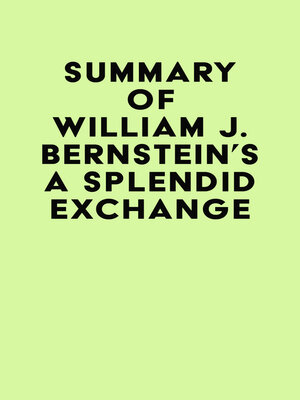
Sign up to save your library
With an OverDrive account, you can save your favorite libraries for at-a-glance information about availability. Find out more about OverDrive accounts.
Find this title in Libby, the library reading app by OverDrive.



Search for a digital library with this title
Title found at these libraries:
| Loading... |
Please note: This is a companion version & not the original book. Book Preview:
#1 The first silk merchants were Chinese merchants, who would pull a colorful swatch of silk from a pouch and show it to the lady of the house. The gods themselves could not resist: Isis was said to have draped herself in fine silk yielding diverse colors.
#2 The Romans knew about Chinese silk, but they did not know China. They believed that silk grew directly on the mulberry tree, not realizing that the leaves were merely the worm's home and its food. The Romans also believed that silk was manufactured in two different countries: a northern one, Seres, reached by the dry route, and a southern one, Sinae, reached by water.
#3 The most ordinary cargoes today span such distances with only a modest increase in price. The intercontinental transport of even bulk goods today seems so unremarkable because it is efficient.
#4 Travel was faster, cheaper, safer, and more comfortable by ship than by land. However, travel was not without risk. Merchant ships provided corrupt government officials with easy targets.






